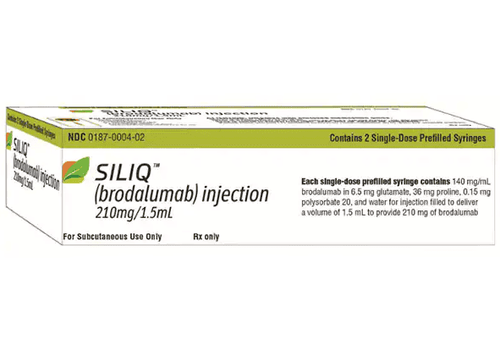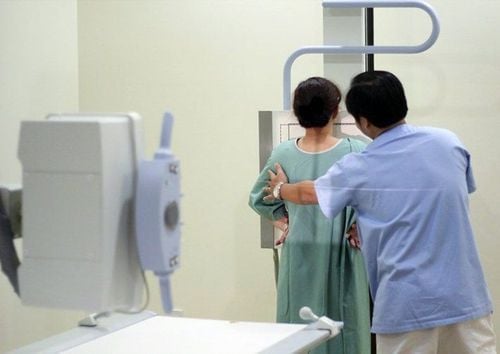This is an automatically translated article.
Video content consulted by Master, Doctor Nguyen Van Khanh - Laboratory Department - Vinmec Times City International Hospital
World Health Organization (WHO) classification of breast tumors published 5 times. Each classification, WHO has rearranged breast adenomas and there are a number of new entities recognized, in the last 2 breast cancer classifications, there are a number of changes including:
First: The multiplication and division counting, in the 2012 tumor classification according to the guidelines, the multiplication and division counting per 10 HPFs at high magnification. In the revised 2019 tumor classification, multiplication and division counts were calculated per mm2. Second: The entity of epithelial breast cancer has medullary features, in 2012 was considered a separate entity, however, in 2019 it was considered as a special component of invasive breast cancer - non-special type, rich lymphocytes. Other types of entities such as: Eosinophilic, adipose-rich, glycogen-rich light cells with sebaceous glands, polymorphisms, polychromatic cells, etc. These are considered separate entities in the stool. type 2012, to 2019 is considered a rare variant of non-specific type carcinoma.
For inflammatory breast cancer or bilateral carcinoma of the breast, in the 2012 breast cancer classification is considered a separate entity, by 2019 it is considered as breast cancer with more specific clinical manifestations is 1 under a special type.
For lobular carcinoma in situ, in the 2012 breast cancer classification, there are 2 types, classical and polymorphic. By 2019, a new type of fluoride is recognized.
For neuroendocrine neoplasms, in 2012 breast cancer classification is not specified but as of 2019 are considered true primary neuroendocrine neoplasms and classified as breast cancer small cell neuroendocrine epithelium.
Currently, breast cancer treatment measures include:
Local therapy: Surgery and radiation; Systemic therapy: Chemotherapy (using drugs to fight cancer) and hormone therapy; Other methods: Stem cells, vitamins, herbs, special diets, .. Currently, there are many methods to treat breast cancer, however, the choice of which method and the treatment Whether breast cancer is effective or not depends on the age, stage of cancer, comorbidities, tolerance for side effects that appear when treating breast cancer of each patient.
Please dial HOTLINE for more information or register for an appointment HERE. Download MyVinmec app to make appointments faster and to manage your bookings easily.














